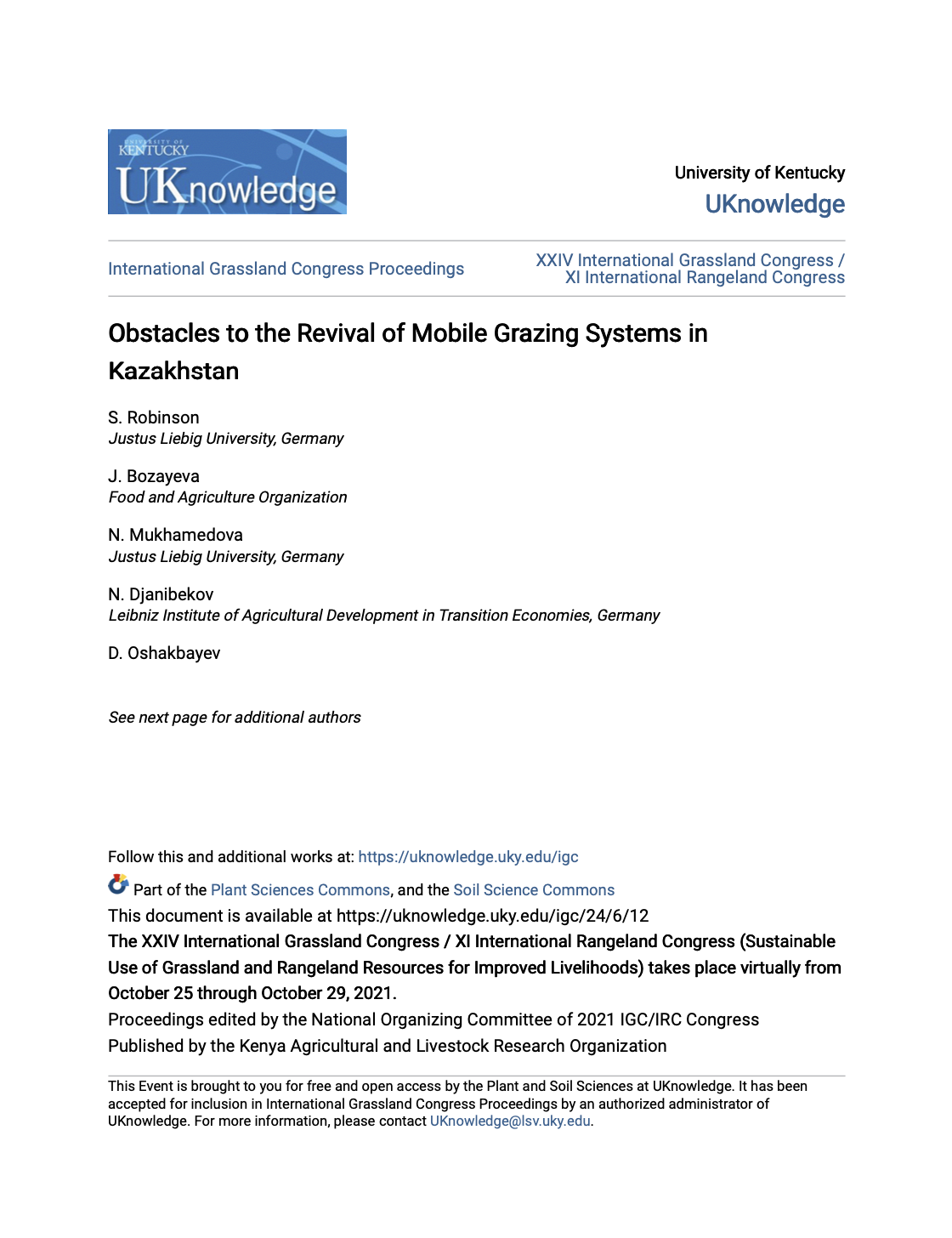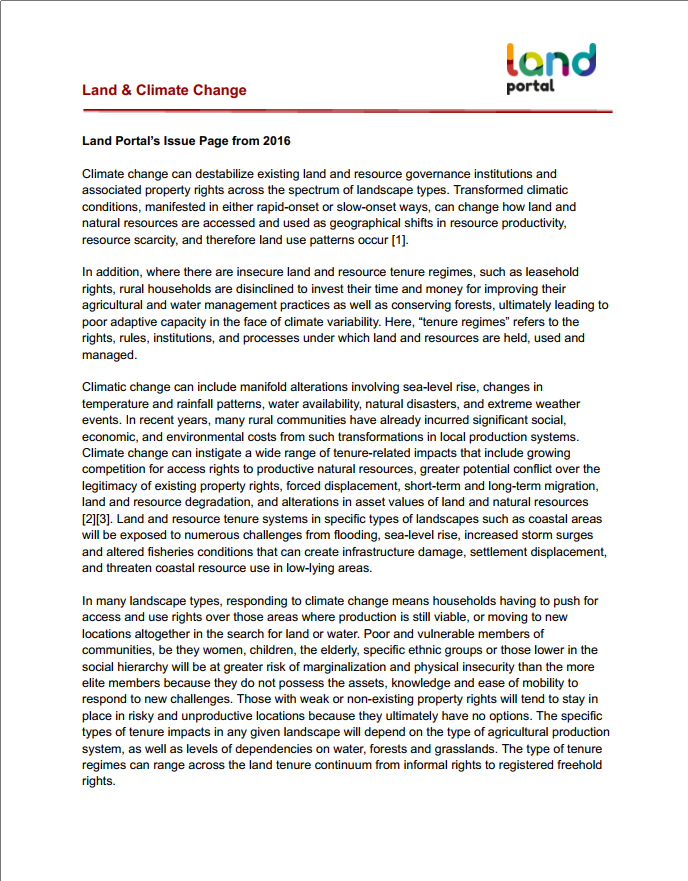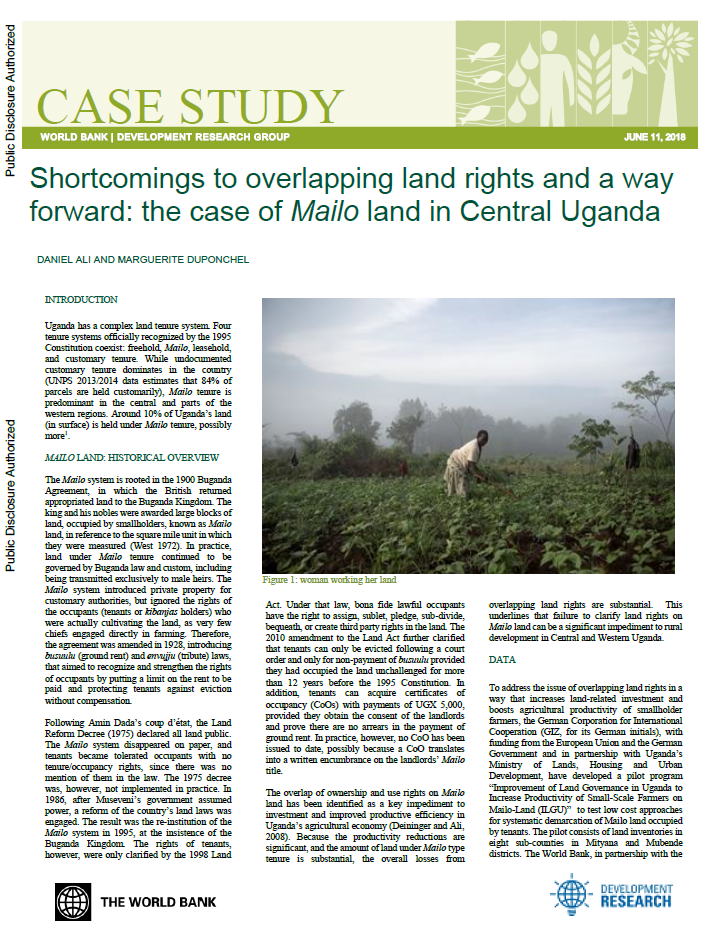Reconstruction of China’s Farmland Rights System Based on the ‘Trifurcation of Land Rights’ Reform
With the aim of improving farmland use efficiency without damaging the social function of farmland, Chinese policymakers have proposed the ‘trifurcation of land rights’ reform. When it comes to realization of the law, however, neither the Ownership Model nor the Bundle of Sticks Model can adequately explain this reform. The tree concept of property, which provides a new perspective in delineating property rights based on the function served by specific properties, is thus adopted.







